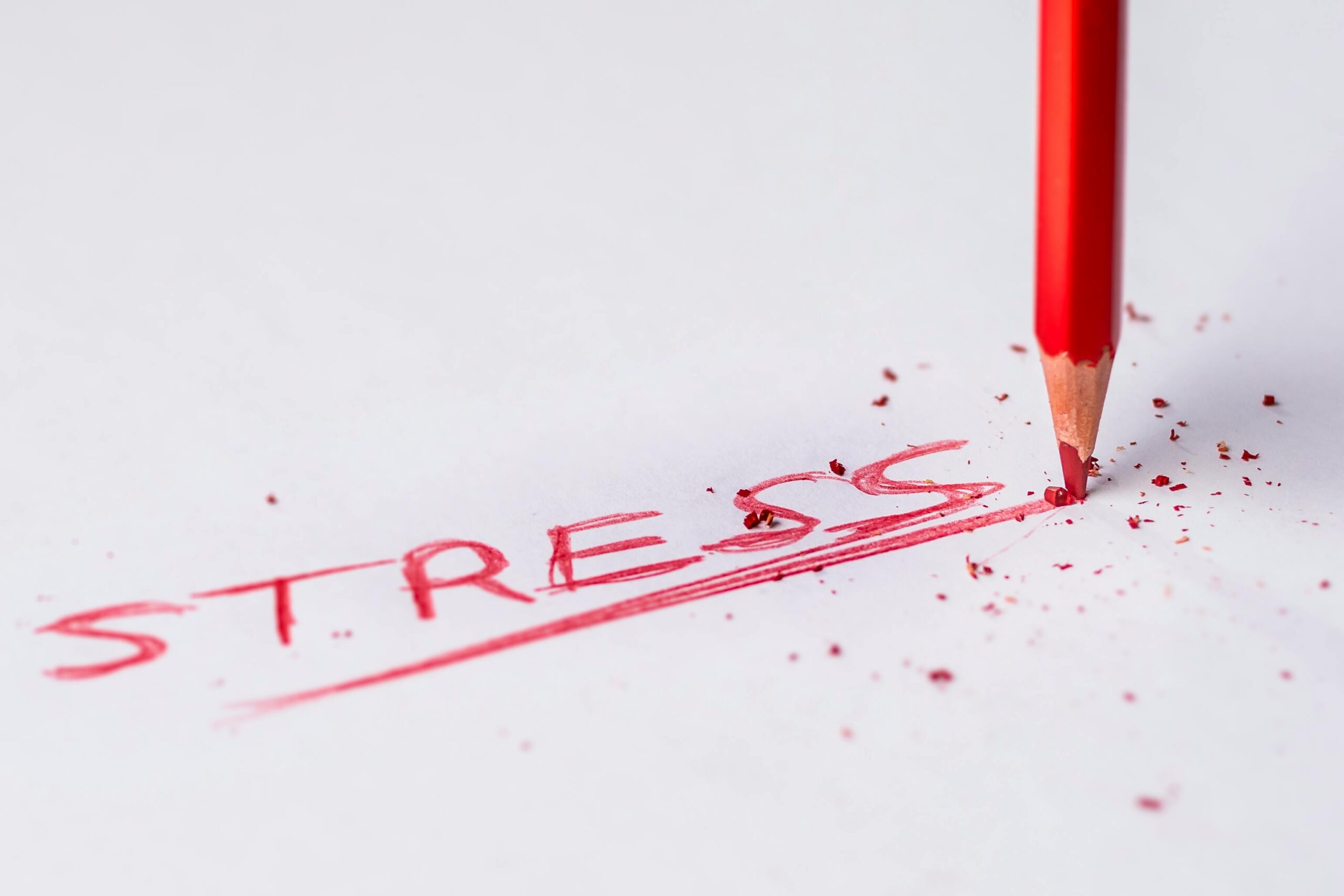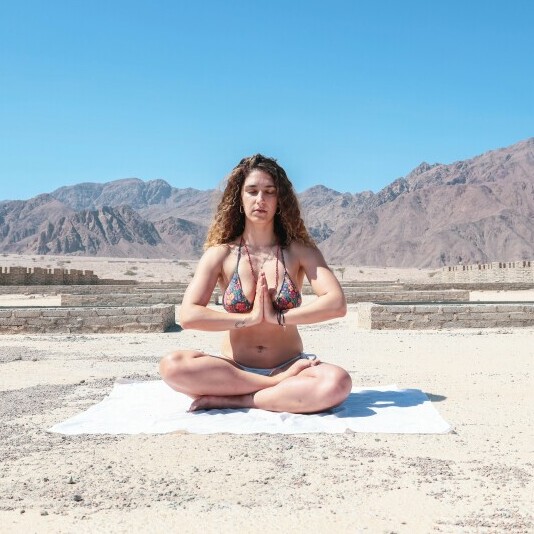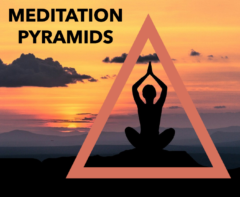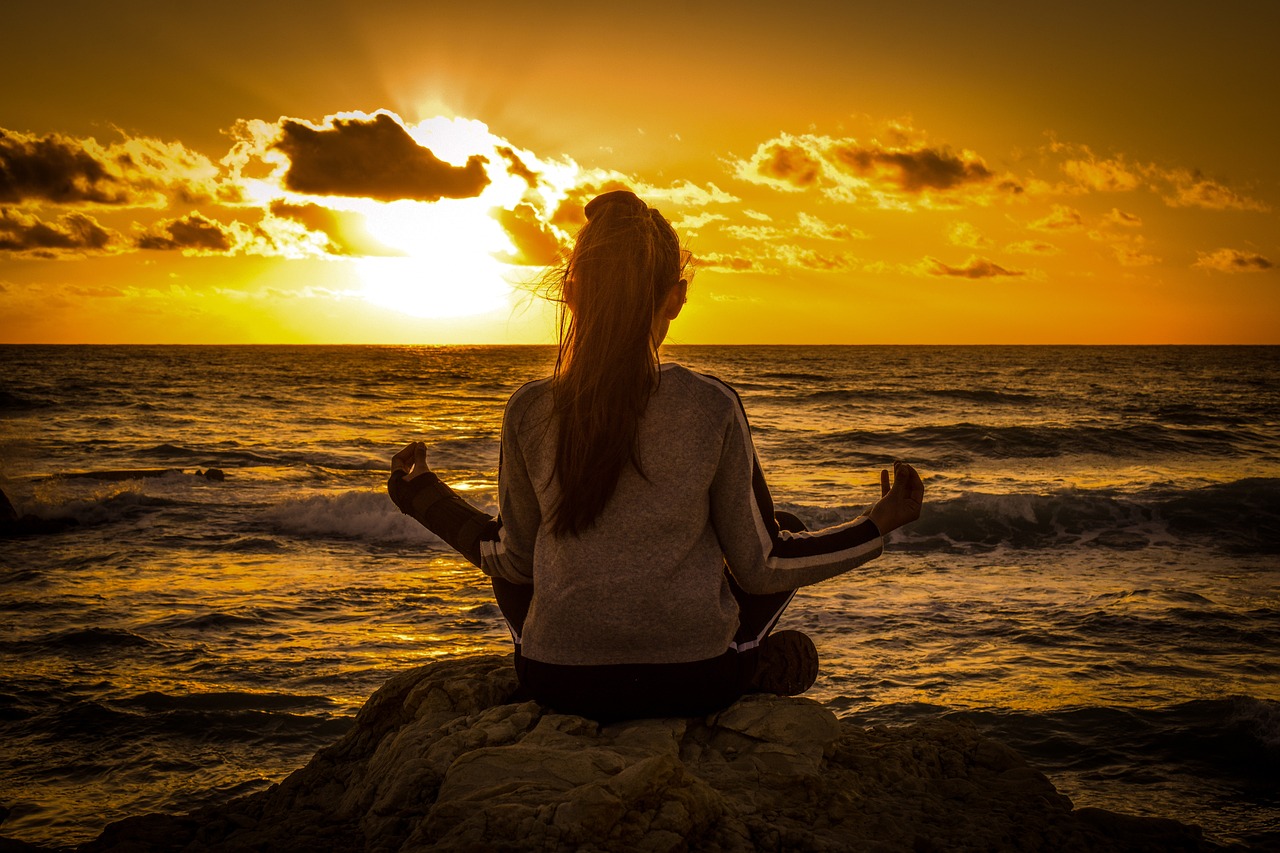Ever had moments where life just seems overwhelming? Yeah, we all have. But, stress and anxiety—are they the same thing? Nope. While they might feel similar, they’re a bit like close cousins rather than identical twins. Stress is your body’s response to a particular demand or challenge. Imagine the pressure you feel when you’ve got a ton of work due by the end of the day. That’s stress elbowing its way into your life.

Anxiety, on the other hand, tends to linger a little longer. It arises when that stress doesn’t seem to go away even after you’ve met your deadlines or when you anticipate future events with dread. Think of it as that nagging feeling that something might go wrong, even when all seems calm.
Understanding the nuances between stress and anxiety is crucial because it helps tailor how you manage them. When you’re aware that it’s just a stressful situation, you know it’ll pass once the situation resolves. But recognizing anxiety means acknowledging that you might need a bit more than a nap to tackle those feelings.
Now, on the physical front, both conditions can mess with your body. We’re talking racing hearts, tension headaches, and sometimes feeling so on edge that even a pin drop feels like a drum roll. Emotionally, stress makes you feel like you’re drowning in tasks, while anxiety can have you constantly second-guessing what’s behind the next corner.
But here’s why this matters: when you can call out stress and anxiety for what they are, you’re already halfway to kicking them to the curb. Awareness is the first step in managing your mental health. And once you know what you’re dealing with, you can start taking steps towards recovery, like meditation, which we’ll be getting into soon.
Unveiling the Calming Effect: How Meditation Soothes Stress and Anxiety
Picture this: a moment of calm amidst chaos, where the mind takes a breather from its endless chatter. That’s the magic meditation can work on stress and anxiety. Meditation isn’t just a daily ritual—it’s like a mental detox, helping clear the overload and usher in tranquility.
So why does it work, you may ask? When you meditate, you’re not just sitting there. Your brain’s actually doing a bit of a reset. Meditation has this nifty way of reducing the production of stress hormones like cortisol. Plus, it ramps up endorphins, those feel-good chemicals that make you feel on top of the world. Sounds like a win-win, right?
Different techniques all aim for the same goal: bringing about a state of relaxed awareness. Some focus on breathing to center the mind away from concerns, while others use visualization or guided imagery, conjuring up peaceful scenes that transport you to a world of calm. And mindfulness meditation? It’s all about anchoring yourself in the present. By acknowledging thoughts without judgment, you’re putting unruly thoughts in their place.
People from all walks of life attest to the transformational power of meditation. Take Claire, a busy mom who used meditation to navigate her hectic schedule without losing her mind. Or Jamal, a college student finding balance amidst exams and social life chaos. Their secret? A few minutes each day dedicated to meditation, helping them manage stress and anxiety effectively.
Dive into meditation’s world and you’ll find it surprisingly simple yet profoundly impactful. Once you start tuning into your breath or observing thoughts float by without clinging onto them, stress and anxiety lose their grip. Who knew sitting in silence could pack such a powerful punch?
Choosing the Right Path: The Most Effective Meditation Practices for Relief

Diving into the world of meditation can feel like standing at a buffet—so many options, where do you start? Different flavors suit different tastes. Mindfulness meditation is often heralded as a top-notch choice for stress and anxiety relief due to its focus on staying grounded in the present, which helps sideline those racing thoughts.
Transcendental Meditation (TM) involves repeating a mantra to settle the mind, which can be really effective for some folks in achieving a deep state of rest. It’s like wrapping yourself in a cozy blanket of calm amid life’s storms. Sometimes, people find guided imagery useful, where a teacher eventually leads you to picture calming images, enabling you to let go of pent-up stress.
How do you pick the right one? Think about what resonates with you—do you prefer silence, gentle guidance, or maybe something with a little more structure like TM? It’s more about your vibe than getting the ‘right’ answer. Trying out a couple of styles and reflecting on how you feel after can be illuminating.
Evidence supports that mindfulness meditation often comes out on top for helping manage daily stress, largely due to its simplicity and adaptability. However, flexibility is key. What works for your friend might not be your cup of tea, and that’s totally okay. It’s about finding a practice you connect with, making it easier to stick with it.
Consistency and Patience: Timeframe for Experiencing Anxiety Reduction Through Meditation
So you’ve picked a meditation style that suits you. How long until you start seeing results? Well, it’s like planting a tree. You won’t have shade overnight, but keep nurturing it, and you’ll create something beautiful. Typically, many start noticing a shift in how they handle stress or anxiety within a few weeks, but consistency is the magic key here.
For those new to meditation, setting aside even just ten minutes each day can make a difference. Over time, that small daily commitment builds resilience against stress and can noticeably ease anxiety. Your brain doesn’t immediately hit snooze on stress just because you meditated once, but with regular practice, you’re gradually training it to calm down.
It’s helpful to pair meditation with other healthy habits to boost its impact: think regular exercise, a balanced diet, or a good sleep pattern. This holistic approach accelerates the benefits because you’re taking care of yourself from multiple angles, creating a supportive environment for your mental health.

Staying motivated can be one of the toughest parts of starting a new meditation routine. Setting realistic goals and tracking progress—without being too hard on yourself—is crucial. Remember, nurturing this practice is a journey, not a sprint. Celebrate the small changes you notice in your stress levels or anxiety symptoms.
If you’re patient and consistent, you’ll often find your response to life’s inevitable pressures begins to shift. You’ll tackle situations with a clearer mind, and those stress-induced spirals can become less frequent. Embrace the journey, and trust that with time and practice, meditation will serve as a faithful companion in managing stress and anxiety.


Great article on meditation and its benefits! I’ve noticed a difference in how I handle stress since trying meditation myself, but I’m curious about some aspects mentioned here. First, are there specific studies on how meditation compares to other relaxation techniques, like yoga or deep breathing, in terms of reducing anxiety?
Also, I’d love to know more about the timeframe for meditation benefits. You mentioned a few weeks for some people—are there particular signs to look for that indicate it’s starting to work?
Finally, for anyone trying this for the first time, what would you recommend as a realistic goal for daily practice? I think a lot of beginners might feel discouraged if they don’t notice changes right away.
Thanks again for the insights!
Hi Roopesh
Thank you for your thoughtful comment and for sharing your experience with meditation! It’s great to hear you’ve noticed a positive shift in handling stress.
Meditation vs. Other Relaxation Techniques: Research does suggest that meditation, yoga, and deep breathing each have unique benefits, but meditation often stands out for its impact on long-term stress resilience and emotional balance. While yoga incorporates movement and breathing for holistic body-mind wellness, meditation can deeply rewire brain pathways associated with anxiety and emotional regulation, which can create lasting calm. There are studies showing that combining these practices might actually amplify benefits, especially for anxiety reduction!Timeframe and Signs of Progress: Results vary, but a lot of practitioners start to feel subtle shifts after a few weeks of consistent meditation. Common early signs include feeling a little more centered, less reactive to stress, or even a general sense of “lightness.” Other indicators might include improved sleep or an ability to focus better. The cumulative effect of meditation grows over time, so the longer you stick with it, the more noticeable the benefits.Daily Practice Goals for Beginners: For someone just starting, even 5-10 minutes a day is a great goal. Small, consistent steps are key. Meditation is like building a muscle—the more you practice, the stronger it gets! The most important thing is consistency, so try not to get discouraged if you don’t feel immediate effects. Setting an intention to meditate daily, rather than a strict timeframe, can help reduce the pressure and build a sustainable routine.
Hope this adds some clarity! Let us know if you have more questions, and best of luck on your meditation journey! 🧘♀️
4o
Hi Alan,
Great article about Meditation. I love how your post breaks down the differences between the two and emphasises awareness as the first step to managing them. The idea of meditation as a “mental detox” resonates deeply—it’s incredible how something as simple as focusing on your breath can have a powerful impact on your well-being.
The comparison of different meditation techniques is super helpful for beginners who might feel overwhelmed by options. It’s reassuring to know there’s no one-size-fits-all approach—it’s all about finding what feels suitable for you. And the analogy of nurturing a tree hit home; it’s a reminder that consistency and patience are crucial to seeing results.
This article makes the journey into meditation feel approachable and inspiring.
Thank you so much for your kind and thoughtful feedback! I’m thrilled to hear that the article resonated with you and provided clarity and inspiration for your meditation journey. The analogy of meditation as a “mental detox” truly captures its essence—it’s remarkable how focusing on something as natural as your breath can create a profound shift in your well-being.
I’m glad you found the comparison of different techniques helpful. Starting meditation can feel overwhelming with so many options, but as you mentioned, it’s all about finding what works best for you. The nurturing-a-tree analogy is one of my favorites too—it’s a gentle reminder that, just like any growth process, meditation requires consistency and patience to truly flourish.
Thank you for highlighting the approachable tone of the article. Making meditation feel accessible and inviting is something I strive for, especially for those just starting their journey. If you have any questions or want to share your own experiences with meditation, I’d love to hear them. Wishing you continued peace and growth on your meditation path!
Kindest regards,
Alan